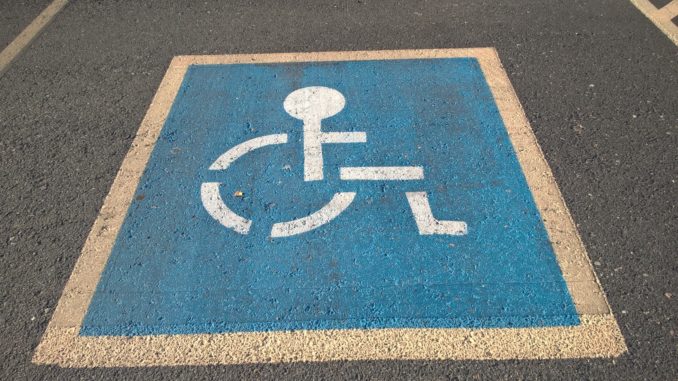
In February 2017, I posted regarding the large number of ADA lawsuits being filed against small business by one attorney. @arizonaago Attorney General Mark Brnovich filed a motion to dismiss over 1,000 of these lawsuits.
On April 24, 2017, that motion was granted by Arizona Superior Court Justice Talamante. The case centered around the amazing number of ADA lawsuits against Arizona businesses, alleging noncompliance with ADA rules. The Plaintiff attorney was prolific and used internet mapping to find potential targets. That’s right, not he nor anyone he knew had patronized most, if not all, of the businesses. In fact, it was later learned that a large number of “businesses” who were accused of not complying with ADA parking lot requirements, were actually vacant land.
In June, the Attorney General participated in oral arguments on sanctions. I have been aware of these types of lawsuits for almost 30 years. About every 8-10 years, a lawyer looking for opportunity starts sending notices to small business with supposed violations. Sometimes they are minor, but real, and sometimes
It is clear ADA at the State and Federal levels needs to be amended to allow businesses accused of violations to correct those violations. Currently H.R. 620 and H.R. 1493 have been introduced in the U.S. House of Representatives and assigned to the House Subcommittee on the Constitution and Civil Justice.
In a nutshell, the two bills try to make the ADA more reasonable on compliance and the ability for business to correct minor or unintended violations. HR 620 requires a person filing an alleged ADA violation to provide written notice stating the specific circumstances under which the person was “actually denied” access. It allows the accused person 60 days to submit a written plan and 120 days to cure the violation. It also provides for the U.S. Judicial Conference to develop a model alternative dispute resolution program.
HR 1493 is the ADA Lawsuit Clarification Act of 2017. It mandates that the person filing the ADA lawsuit provide written notice of the violation and specify the barrier. The person receiving the notice then has 60 days to submit a written plan and 120 days to remedy the violation. It also states the person being accused cannot be held criminally or civilly liable under state law during the 120-day remedy period.
If you own a business or building of public accommodation under ADA, you might want to read these two bills and give your input to your Representative and Representatives on the committee.
